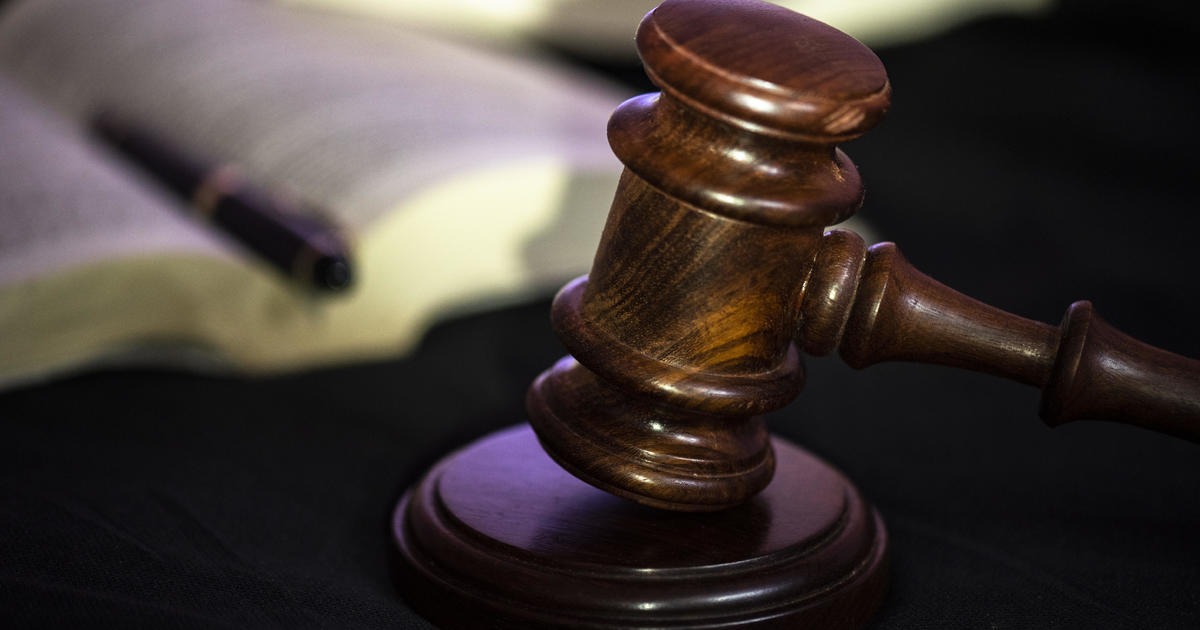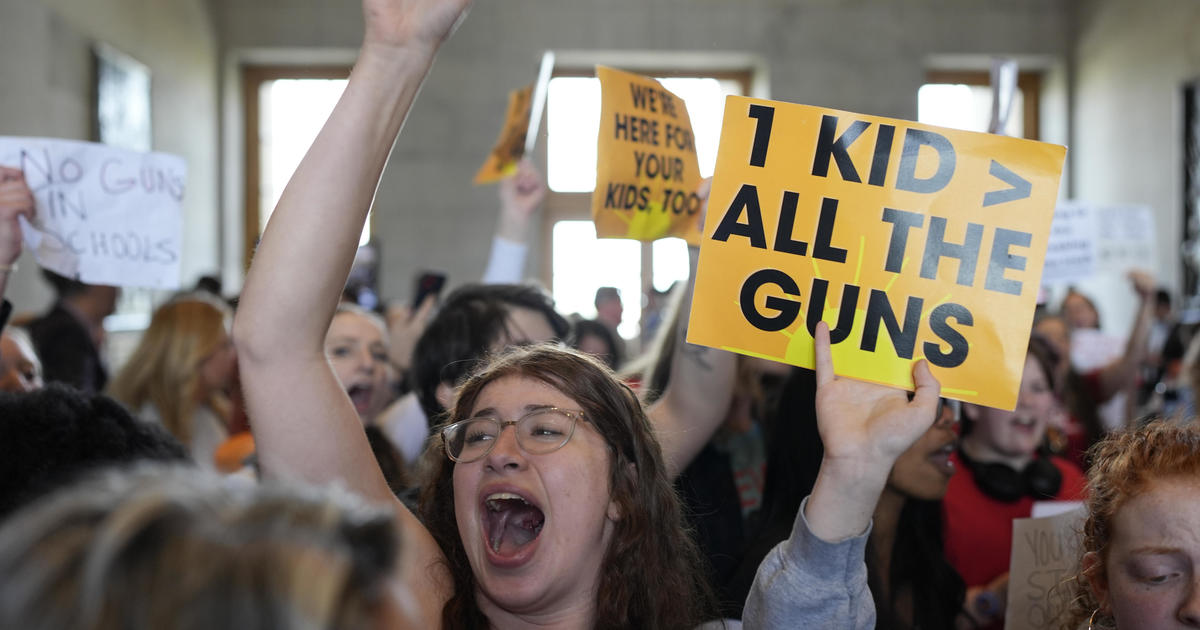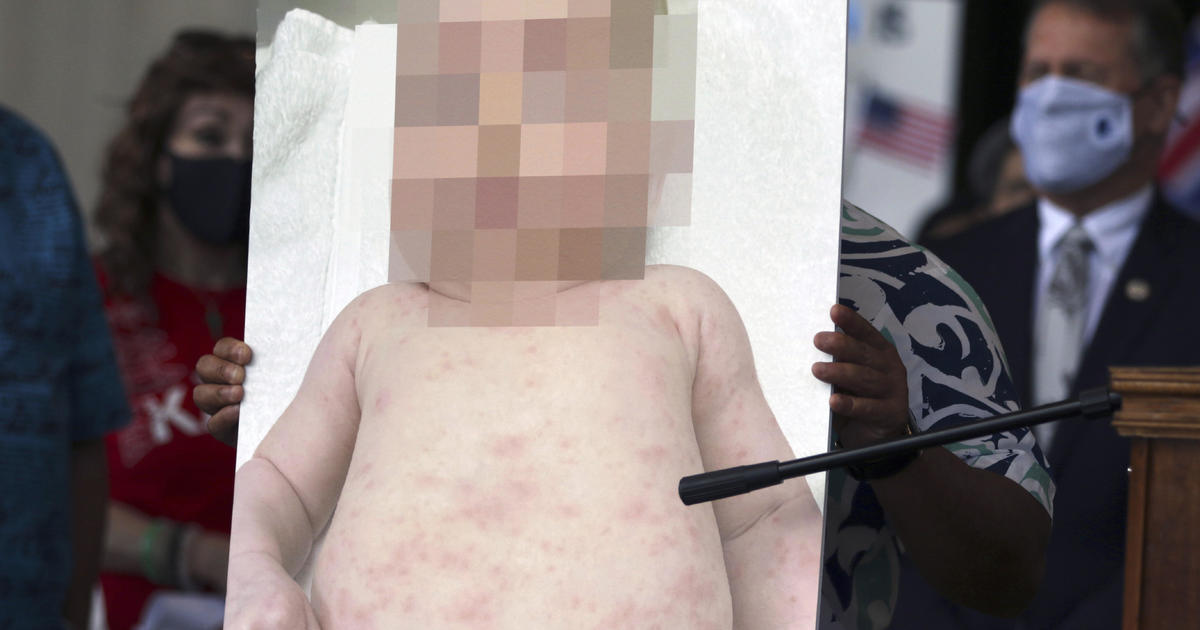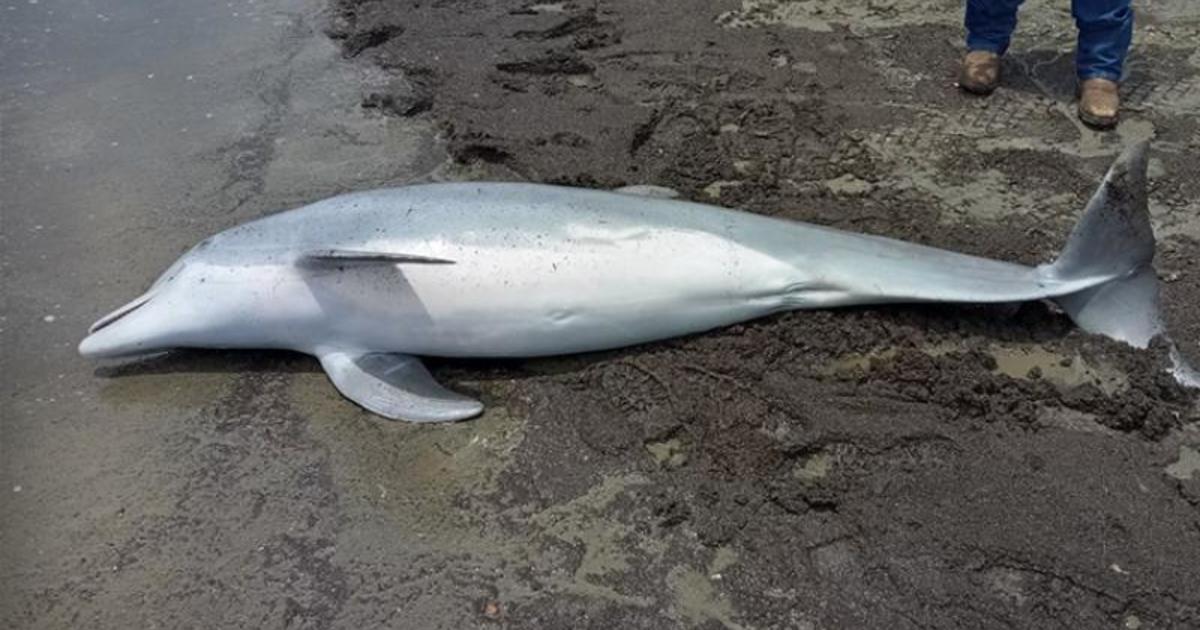What lessons do police in Europe have for American cops?
The examples are devastating, sometimes deadly, and certainly familiar.
Patrick Warren Sr. was killed by a police officer in Texas earlier this year, after his family phoned for psychiatric help. In Salt Lake City last fall, Linden Cameron, a teenager with autism, was shot multiple times by police responding to a 911 call from the boy's mom. The teen survived.
Walter Wallace Jr. did not. He was mentally ill and in crisis in Pennsylvania last October when, a family attorney says, his brother called 911: "They were sent into a situation ill-prepared. They didn't have the training and they didn't have the tools to do the job effectively."
Philadelphia Police, who say Wallace was armed with a knife, shot and killed him. "The only justice that can come out of this is full reform," the attorney said.
That push for reform prompts comparisons to countries where these deadly encounters are far less common.
Correspondent Seth Doane asked Lawrence Sherman, a professor of criminology at the University of Cambridge in England, "How different is policing in America from Europe?"
"Oh, it's just like night and day," Sherman replied. In the United States, "If somebody doesn't drop a knife when an officer tells them to, even if they're not threatening somebody, the police can shoot and kill them. It would be murder in Europe."
"Are you saying the law in the U.S. is on the police officer's side and it's the reverse in Europe?"
"I would say that the law in the United States goes to extraordinary lengths to justify police preemptive use of shooting," he said.
Sherman notes that while U.S. police are quicker to use deadly force and kill far more people per officer than those in Europe, more guns on U.S. streets mean law enforcement faces more threats. In fact, police in several European countries (including England, Ireland and Norway) do not carry firearms while on regular patrol.
Sherman said, "It really helps to have a disarmed population. You can't blame the American police, because they don't have one."
But policing, he explained, is also not as strictly regulated in the U.S. For example, Derek Chauvin, the officer who killed George Floyd in Minneapolis, had more than a dozen misconduct complaints … and he was training other officers.
"You would not have a field training officer with a very bad disciplinary record in the English police system. That's inconceivable," Sherman said.
Maria Haberfeld, a professor of police science at John Jay College of Criminal Justice in New York, describes policing in America today as "in complete chaos."
How is it chaotic? "Because we have 18,000 different police departments. We have 50 states with 50 different minimal standards for training and recruitment."
Haberfeld feels many police are willing, but not ready to do their job, because of insufficient training. In the U.S., the average police academy runs 17 weeks, whereas in Norway and Finland, police training runs three years; in Germany, between two and three years.
Doane asked, "What's the effect of this lesser training?"
"We're going to see people pushing back against the enforcement, and the quality of enforcement, that that they're receiving," Haberfeld replied.
Public outrage followed the suffocation death of Daniel Prude at the hands of police in Rochester, N.Y., after family members said they dialed 911 to report he was suffering a "psychotic episode."
According to a recent survey, police in the U.S. spend more than 20 percent of their time responding to people with mental illness. Sweden, facing similar problems, developed a "mental health ambulance," which is dispatched with a police unit when there is a mental health call. Andreas Carlborg explained their service works, in part, because health workers have access to medical records that police do not: "If you would talk to the police department in the United States, I think most of them would agree that they have to deal with these cases, and this should really primarily be dealt with by trained health care professionals, not the police."
Calls for reform in the U.S. are growing louder, but in a country with roughly 18,000 police departments, the hurdles to reform are structural and systemic.
For more info:
- Lawrence Sherman, professor of criminology, University of Cambridge, England
- Maria Haberfeld, professor of police science, John Jay College of Criminal Justice, New York City
Story produced by Mikaela Bufano. Editor: Brian Robbins.



